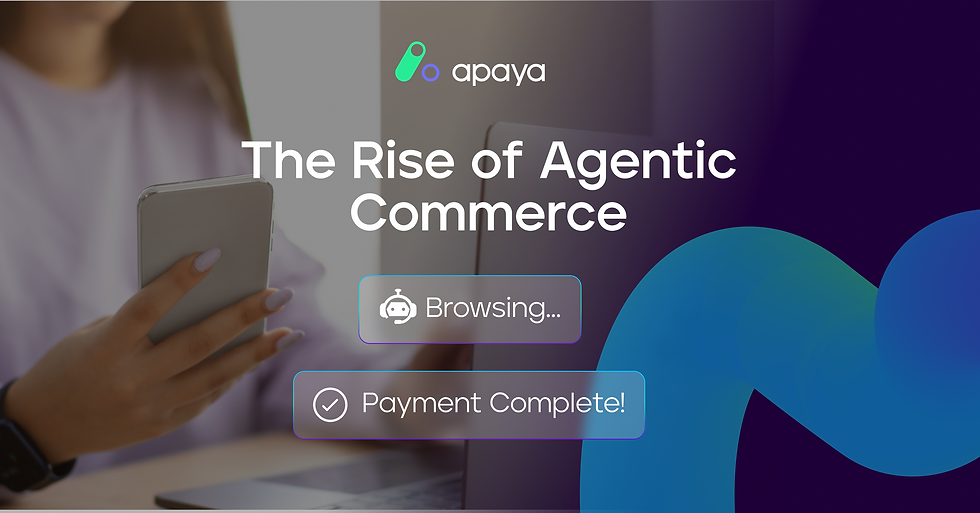Payment Solutions: The Future of MENA's Digital Economy
- michaeltomlins
- Sep 11
- 2 min read

The Middle East and North Africa region is experiencing a payment revolution that's reshaping how businesses and consumers transact. The MENA digital payments market is expected to reach $420.38 billion by 2030, growing at an impressive 11.10% CAGR, making it one of the world's fastest-growing payment ecosystems.
The Cashless Transformation is Here
MENA governments are driving unprecedented digital transformation. Saudi Arabia has already surpassed its Vision 2030 interim goal, reaching 79% non-cash retail transactions by Q1 2025, while Dubai achieved 88% cashless usage. This isn't just gradual adoption, it's systematic market transformation supported by regulatory mandates and consumer behaviour shifts.
The mobile payments market alone is registering a compound annual growth rate of 30.1% from 2022 to 2027, with digital wallets emerging as the preferred payment method across the region.
Three Forces Shaping Payment Solutions' Future
1. Real-Time Payment Infrastructure
MENA's real-time payments market is expected to register a 13.7% CAGR by 2030. Saudi Arabia's SARIE processed 463 million transfers worth SAR 3.2 trillion in 2024, up 42% year-on-year, while the UAE Instant Payment Platform captured 28% of domestic transfers within six months.
2. Digital Wallet Dominance
Digital wallets are projected to handle 33% of POS spending across major MENA markets by 2027, growing at a 21% CAGR. From Apple Pay and Google Pay to regional champions like STC Pay and e& money, consumers are abandoning traditional payment methods for mobile-first solutions.
3. Cross-Border E-Commerce Explosion
E-commerce GMV in MENA expanded 30% in 2024, with average order values climbing to $35.6. This growth demands sophisticated payment orchestration to manage multi-currency processing, compliance across jurisdictions, and diverse local payment preferences.
Payment Orchestration: The Strategic Advantage
Here's where payment solutions evolve from simple transaction processing to strategic business enablement. Payment orchestration platforms allow businesses to manage multiple payment processors, gateways, acquirers, and banks in one place, boosting payment acceptance rates and enabling merchants to offer multiple payment modes.
For MENA businesses, this means:
Unified Integration: Connect to both global payment methods and essential regional options like MADA, Fawry, and mobile money solutions
Intelligent Routing: Optimize transaction success rates across the region's diverse banking infrastructure
Compliance Automation: Navigate varying regulatory requirements from UAE's CBUAE to Saudi's SAMA guidelines
Real-Time Adaptability: Respond instantly to payment failures, routing preferences, and fraud detection
The Apaya.io Advantage in MENA's Payment Future
As MENA businesses scale across multiple markets—from UAE's international commerce hub to Saudi Arabia's Vision 2030 economy to Egypt's growing digital ecosystem—payment orchestration becomes mission-critical infrastructure.
Apaya.io's payment orchestration platform addresses MENA's unique challenges: high mobile money adoption, complex cross-border compliance, and the need to support both traditional banking and emerging fintech solutions simultaneously.
The bottom line: Payment solutions in MENA aren't just processing transactions anymore, they're enabling digital transformation, financial inclusion, and cross-border commerce at unprecedented scale.
Ready to future-proof your payment infrastructure for MENA's digital economy? Discover how Apaya.io's payment orchestration platform can optimize your transaction success rates and expand your market reach across the Middle East and Africa.




Comments